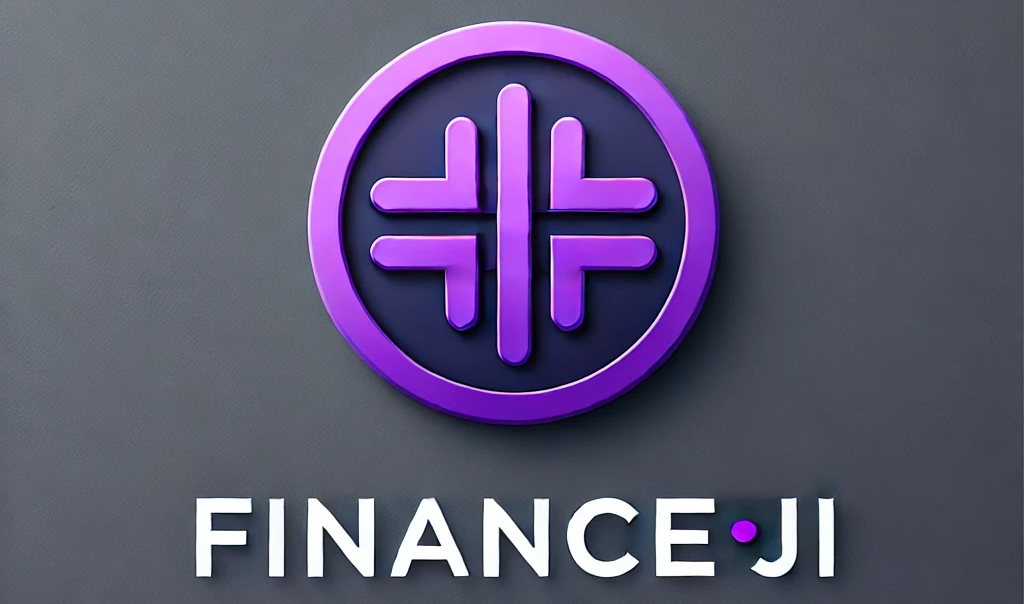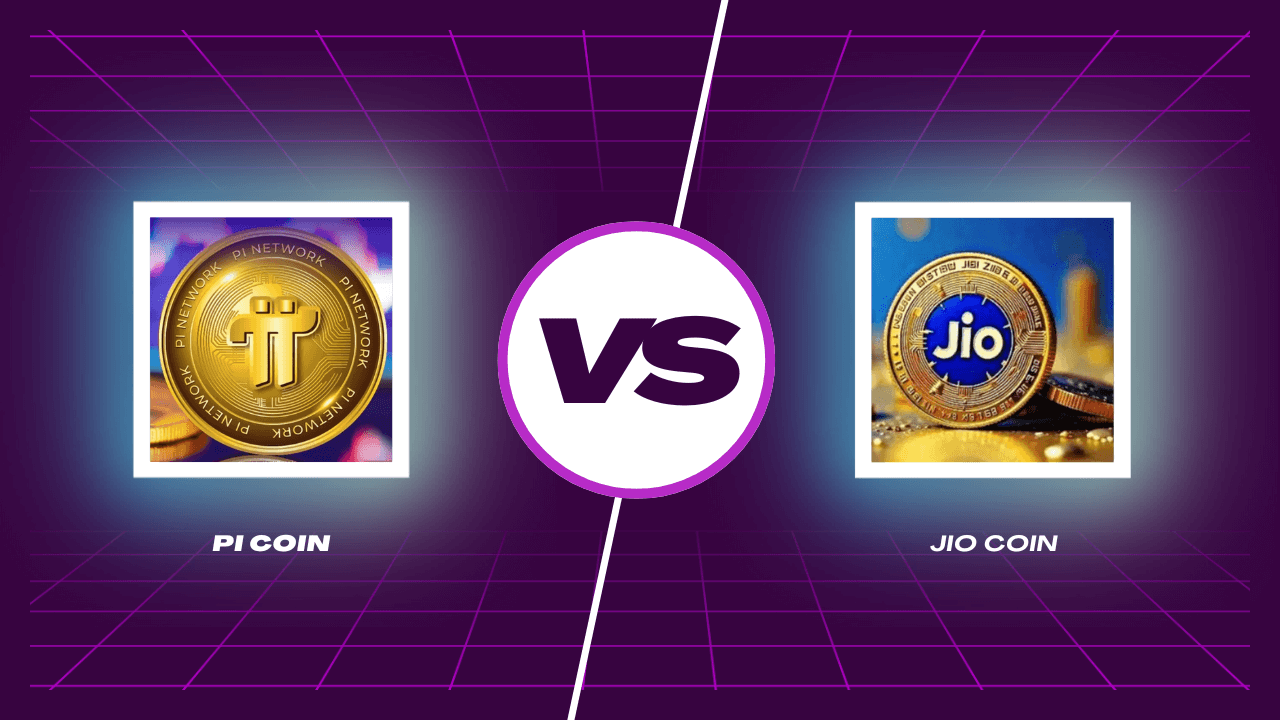As India’s digital economy rapidly evolves, cryptocurrencies are becoming a focal point for innovation and investment. Two prominent contenders, Pi Coin and Jio Coin, are vying for dominance in this burgeoning market. This article delves into their origins, features, and potential impact on India’s financial landscape.
What is Pi Coin?
Pi Coin is a cryptocurrency developed by the Pi Network, founded by Stanford graduates in 2019. Designed for accessibility, Pi allows users to mine coins directly from their mobile devices without the need for specialized hardware. On February 20, 2025, Pi Network launched its Open Mainnet, transitioning from a closed ecosystem to a fully decentralized blockchain. This milestone enables Pi Coin to interact with external blockchains and facilitates its listing on major cryptocurrency exchanges.
What is Jio Coin?
Jio Coin is a digital token introduced by Jio Platforms, a subsidiary of Reliance Industries. Launched on the Polygon blockchain network, Jio Coin aims to integrate seamlessly with Jio’s extensive digital ecosystem, potentially transforming digital transactions in India. While official details about its utility are yet to be fully disclosed, the launch has sparked discussions about its applications and impact.
How Do Pi Coin and Jio Coin Differ?
- Accessibility: Pi Coin focuses on user-friendly mining through mobile devices, making cryptocurrency participation more inclusive. In contrast, Jio Coin is expected to leverage Jio’s existing digital infrastructure, potentially offering services integrated with Jio’s platforms.
- Ecosystem Integration: Pi Coin operates on a decentralized network with various applications being developed within its ecosystem. Jio Coin, backed by a major corporate entity, may offer a more centralized approach, integrating with Jio’s suite of services.
What Are the Potential Impacts on India’s Cryptocurrency Market?
The introduction of Pi Coin and Jio Coin could significantly influence India’s cryptocurrency landscape:
- Increased Adoption: User-friendly platforms like Pi Coin can attract a broader audience, including those previously hesitant to engage with complex mining processes.
- Corporate Influence: Jio Coin’s backing by a major corporation may lend credibility to cryptocurrencies, potentially encouraging regulatory support and mainstream acceptance.
- Regulatory Considerations: As these cryptocurrencies gain traction, they may prompt policymakers to establish clearer regulations, balancing innovation with consumer protection.
Both Pi Coin and Jio Coin are poised to play pivotal roles in shaping the future of digital finance in India. While Pi Coin emphasizes decentralization and accessibility, Jio Coin leverages corporate backing and integration within an existing digital ecosystem. Investors and users should stay informed about developments in both projects to navigate the evolving cryptocurrency landscape effectively.







